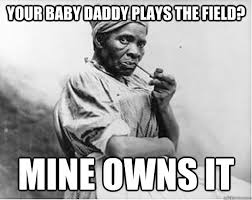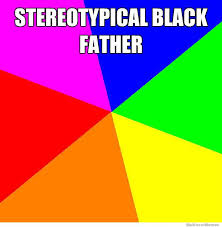Extrajudicial writings describing actual cases disguised as fiction - Part One

In his fictional autobiography, Judge Timothy Philpot discusses many real life events both outside and within his courtroom including descriptions of actual cases. Listed below are ten groups of disguised characters and clues about their actual identities. 1. “Dr. T” and Veronique “Dr. T” is a Zambian man whose full name the judge had difficulty pronouncing. He is denounced in court by his first wife Veronique who "told everyone he had beaten her, cussed her and been unfaithful to her. “In Africa, she would have been thrown out with the trash...She got her child-support increased by proving that Dr. T. had not been forthcoming about all of his income. “Dr. T” and Veronique have a twelve-year-old daughter Vanna. Sassy ex-wife Veronique is empowered by the Judge to assert her rights “But what Veronique really wanted was an opportunity to stand up in front of fifty people and tell everyone what a lousy father and husband he was. Again." 2. Mr. and M



